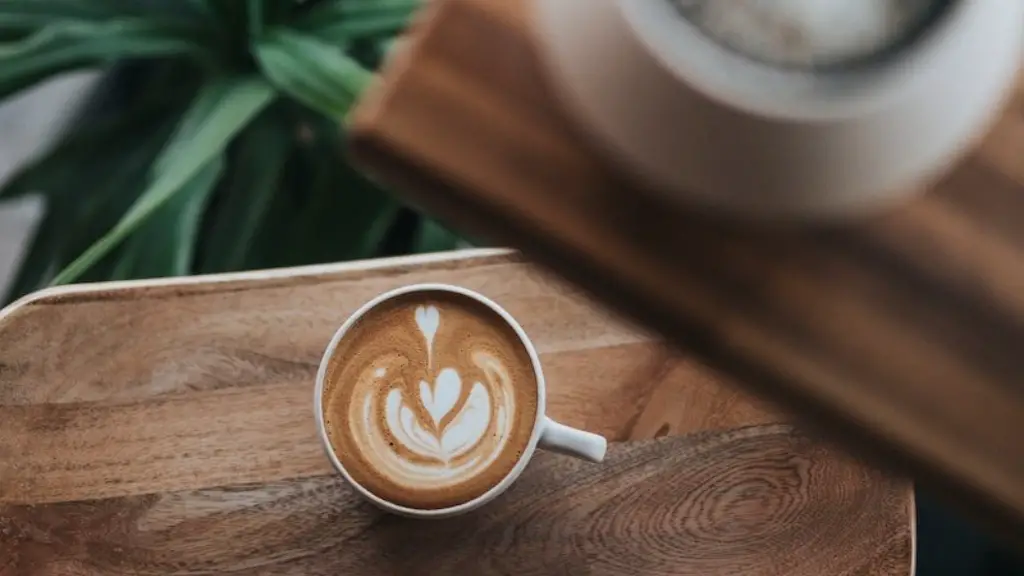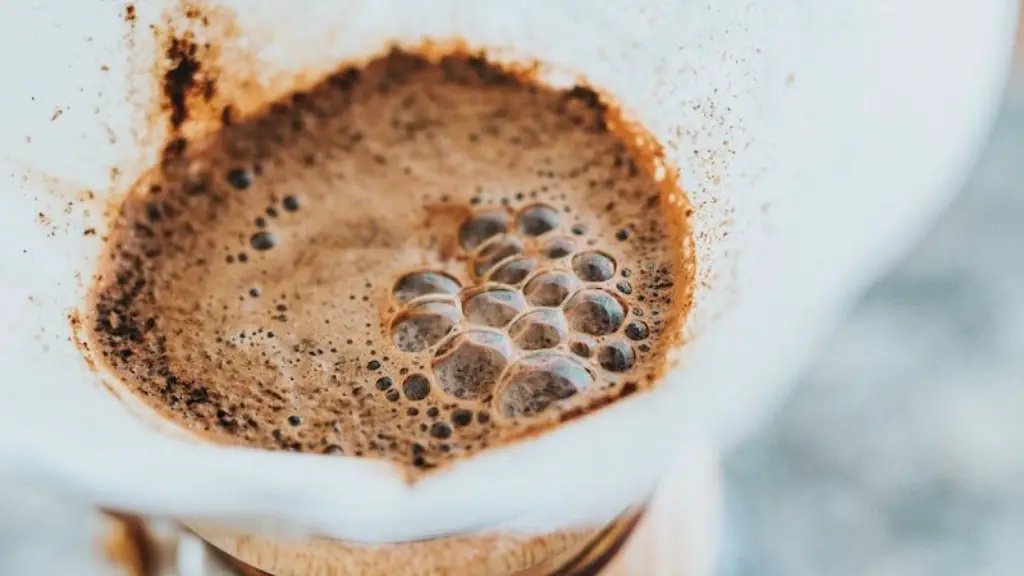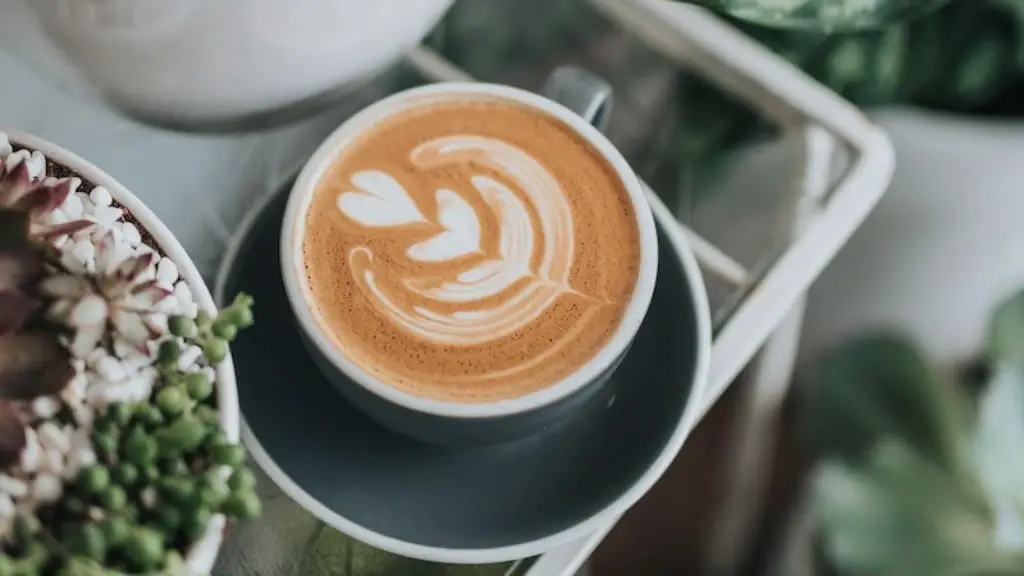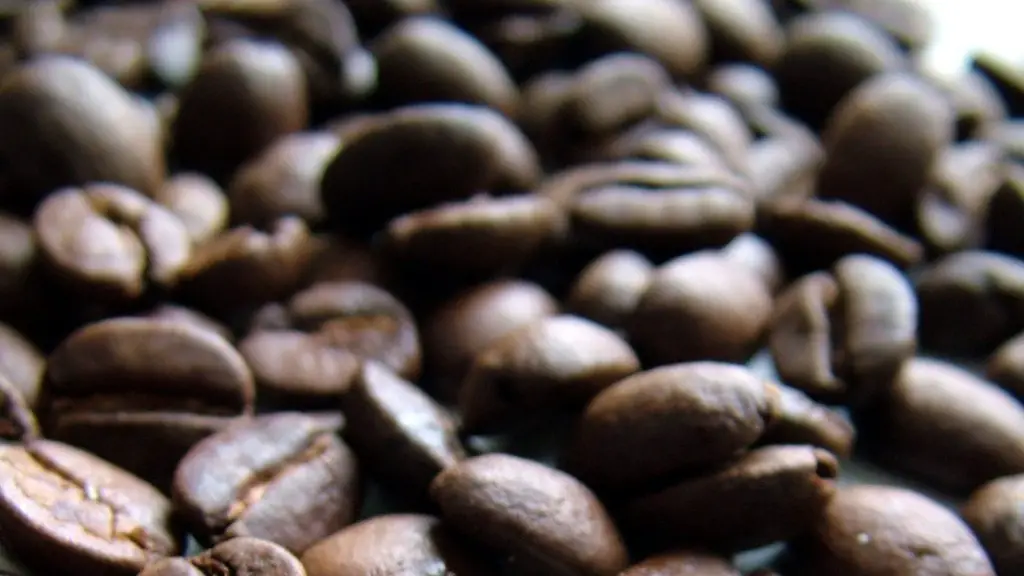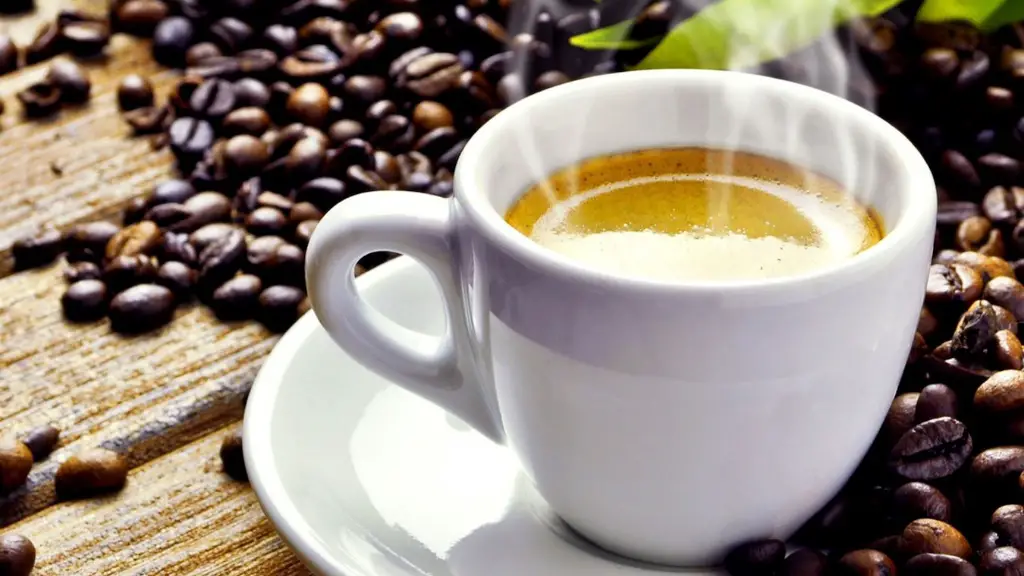For years, drinking coffee while fasting before your blood work has been a widespread, even recommended practice. But is it really safe or effective? Can you really drink coffee while fasting before blood work or should you stick to just water? Can the caffeine contained in the coffee interfere with the test results or have other adverse health effects? We answer all questions!
To explain whether or not it is safe to drink coffee while fasting, it is first important to understand the benefits of fasting before a blood test. Fasting before a blood test helps ensure that the results accurately reflect your health status as changes in dietary habits may influence the results of tests, such as cholesterol and glucose levels. Fasting helps your doctor evaluate how well your body processes the food and how efficiently it responds to changes in the composition of the food. So, when doing a medical test such as blood work, fasting helps make sure you get accurate readings for whatever test you are taking.
It is well known that the caffeine in coffee can interfere with test results and make them inaccurate. Caffeine has been found to raise blood sugar levels and increase the levels of certain enzymes in the blood. It can also affect the accuracy of results of other tests, such as those used to measure kidney function and liver function. Therefore, it is important to avoid coffee and other caffeinated beverages while fasting before blood tests.
At the same time, it is important to remain well-hydrated when fasting. Drinking enough water helps your body better expel harmful toxins and helps the body process the blood test more efficiently. Therefore, it is recommended to drink plenty of water while fasting before a blood test. This will help to ensure that the results are accurate.
However, this does not mean that drinking coffee is off the table entirely. Many experts believe that it is okay to consume a small amount of coffee while fasting, such as a cup of decaf or a half cup of caffeinated coffee. This is because the caffeine does not remain in your system for a long period of time. So, in theory, consuming a small amount of coffee should not affect the results of your blood tests.
It’s no surprise that coffee can interfere with test results, but it can also have other potential health risks. Caffeine has been linked to an increased risk of dehydration, anxiety, and an elevated heart rate. Therefore, it is important to avoid excessive coffee consumption while fasting before blood tests. It’s best to limit your coffee intake to one or two cups of decaf coffee, as this will help reduce the potential health risks associated with caffeine.
Overall, it is safe to drink coffee while fasting before a blood test as long as you stay well-hydrated and keep your coffee intake to a minimum. Drinking plenty of water before your blood test is recommended to help ensure accurate results. So, go ahead and have that decaf cup of coffee, but make sure to drink plenty of water as well.
Monitoring Test Results
It is always important to monitor the results of any tests conducted as this can help detect a potential problem early on. If you experience any unusual symptoms or changes in your condition, it is advised to contact your doctor and get the results of your test checked. Your doctor may also recommend additional tests to gain a better understanding of your condition. So, it is important to follow any instructions provided by your doctor and to always be aware of any changes in your condition.
In addition, it is important to keep your diet and lifestyle in check in order to maintain the accuracy of your test results. Eating a balanced diet and avoiding unhealthy foods, such as processed food or high sugar and fat content foods, can help to keep your blood test results accurate and reliable. You should also reduce your consumption of caffeine and alcohol, as these can have an impact on test results. Regular exercise and keeping hydrated can also help keep your test results accurate.
Lastly, it is always best to consult with your doctor if you have any questions or concerns about your test results. Your doctor can provide further advice and ensure that you are taking the appropriate measures to maintain accurate results. Overall, it is important to keep a close eye on any tests conducted and to make sure that you are taking all the recommended steps to ensure accuracy.
Coffee and Other Drinks
When it comes to fasting before a blood test, it is important to keep in mind that coffee is not the only beverage that should be avoided. Any other drinks that contain caffeine, such as energy drinks, sodas, and teasshould also be avoided as they can all interfere with test results. In addition, any fluids containinging glucose, such as fruit juices, should also be avoided as these can cause inaccuracies in test results. The best option when fasting is to stick to just water. Water helps your body expel harmful toxins and keeps you hydrated, so it is important to drink enough when fasting before a blood test.
However, if you are feeling a little bit thirsty and need some flavor, you can opt for a cup of herbal tea. Herbal teas can be a good option as they generally do not contain caffeine, sugar, or other additives that can interfere with test results. However, it is still important to monitor the ingredients of any herbal tea, as some teas may contain trace amounts of caffeine or sugar, which can still have an impact on results. It is therefore advised to stick to plain water when fasting before a blood test.
Overall, it is important to remember that it is safe to consume a small amount of coffee while fasting before a blood test as long as you remain well-hydrated and limit your coffee intake. However, it is still important to keep an eye on other caffeinated beverages and any fluids containing sugar. The best option is to stick to drinking plain water while fasting before a blood test in order to ensure accurate results.
Potential Side Effects
It is also important to be mindful of potential side effects that may arise from drinking coffee while fasting before a blood test. Caffeine is a stimulant and can affect the heart rate, which can in turn lead to heart palpitations, dizziness, and even chest pain. Caffeine can also cause anxiety and feelings of restlessness, particularly if large amounts are consumed. In addition, caffeine can cause dehydration, which can lead to headaches, dry mouth, and fatigue.
When it comes to consuming coffee while fasting before a blood test, it is advised to stick to decaf and to limit the amount you drink. Drinking decaf coffee is a much safer alternative as it contains significantly less caffeine. You should also make sure to drink plenty of water alongside your coffee in order to stay hydrated and to reduce the risk of any side effects. In general, it is best to avoid excessive coffee consumption when fasting.
In addition, it is important to be mindful of other potential side effects of fasting before a blood test. Fasting for too long can cause fatigue, irritability, and difficulty concentrating. It can also cause extra stress on the body as it has to work harder to process the blood test. So, it is important to always fast for an appropriate amount of time and to ensure that you are well-hydrated in order to reduce any potential side effects.
What to Take Away
Overall, it is safe to consume a small amount of coffee while fasting before a blood test. However, it is still important to keep in mind the potential side effects of drinking coffee while fasting and to follow any guidelines provided by your doctor. Drinking plenty of water while fasting can help reduce any potential side effects, as well as help ensure accurate results. It is also important to avoid any other drinks containing caffeine, sugar, or other additives that can interfere with test results.
Furthermore, it is important to keep an eye on any changes in your condition or symptoms and to follow any instructions provided by your doctor. Lastly, it is important to maintain a healthy lifestyle and diet in order to keep your test results accurate. So, if you are fasting before a blood test, make sure to drink plenty of water and try to stick to coffee free beverages.
